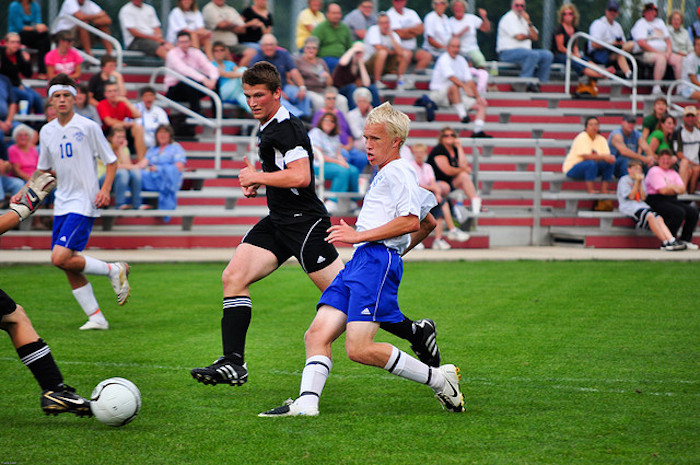Exercise As A Teenager Decreases Risk Of Cancer In Middle-Age
Adolescents who are physically active and engage in various exercises and sports activities definitely live longer and have a reduced risk of death from cancer and other causes in their later years, study says.
Studies show the importance of promoting exercise participation in adolescence to reduce mortality in later life. Nechuta also emphasized on the requirement for the beginning of disease prevention early in life.
The participants of the study were more than 75,000 women originally from China, aging between 40 and 70.
The study was designed to ascertain potential associations between adolescent exercise and cancer, cardiovascular disease or other causes of death among women in middle age and later life. They benefited as a result of this in their adult years. They were interviewed about lifestyle factors and how much they exercised during their teens. Researchers considered regular exercise to be at least once a week for 3 continuous months.
Furthermore, an inverse association was observed between participation in sports teams and cancer mortality (HR, 0.86; 95% CI: 0.76, 0.97).
Among the authors of the study, Sarah J. Nechuta said the main finding of the study was that exercising during adolescence is linked with reduced risk of death or mortality between the middle-aged and older women.
Researchers note that it’s not clear whether exercising during adolescence can cause lower mortality later in life, or if it’s just a link.
The researchers said that understanding the impact of modifiable lifestyle changes such as exercise is important for women to avoid preventable disease.
Adolescent exercise was found to be associated with a decreased risk of death caused by cancer, cardiovascular disease (CVD), and all causes, according to an article published online in the journal Cancer Epidemiology, Biomarkers & Prevention.
Other investigators who participated in the study include Xiao Ou Shu, M.D., Ph.D., MPH, Gong Yang, M.D., MPH, Hui Cai, M.D., Ph.D., Yong-Bing Xiang, M.D., MPH, Wei Zheng, M.D., Ph.D., MPH, Vanderbilt; Hong-Lan Li, M.D., MSc., and Yu-Tang Gao, M.D., Shanghai Cancer Institute.








